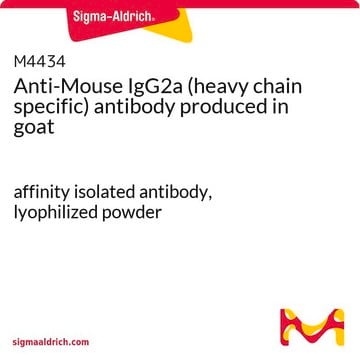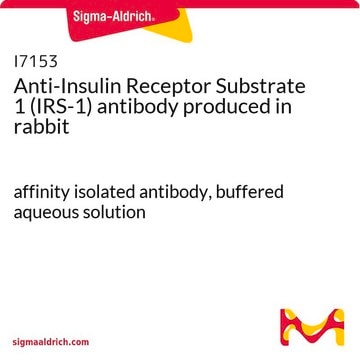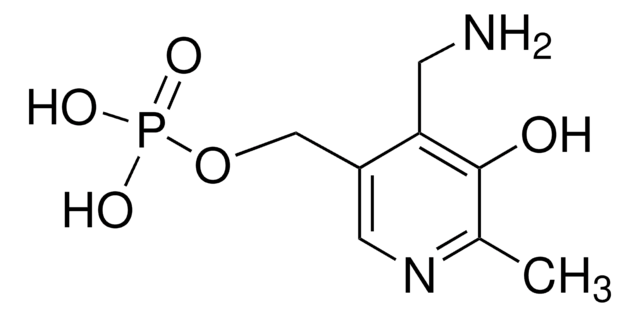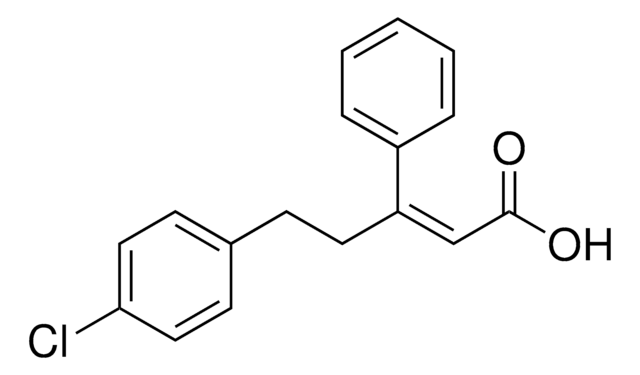M3379
DL-Methioninol
≥95%
Synonym(s):
4-Methylmercapto-2-amino-1-butanol
Sign Into View Organizational & Contract Pricing
All Photos(1)
About This Item
Empirical Formula (Hill Notation):
C5H13NOS
CAS Number:
Molecular Weight:
135.23
MDL number:
UNSPSC Code:
12352200
PubChem Substance ID:
NACRES:
NA.26
Recommended Products
product name
DL-Methioninol, ≥95%, viscous liquid
assay
≥95%
form
viscous liquid
color
colorless to faint yellow
application(s)
cell analysis
SMILES string
CSCCC(N)CO
InChI
1S/C5H13NOS/c1-8-3-2-5(6)4-7/h5,7H,2-4,6H2,1H3
InChI key
MIQJGZAEWQQAPN-UHFFFAOYSA-N
Biochem/physiol Actions
Methioninol is a methionine derivative that has been shown to inhibit SDK and TREK-1 channels in COS cells.
Storage Class
12 - Non Combustible Liquids
wgk_germany
WGK 3
flash_point_f
Not applicable
flash_point_c
Not applicable
Certificates of Analysis (COA)
Search for Certificates of Analysis (COA) by entering the products Lot/Batch Number. Lot and Batch Numbers can be found on a product’s label following the words ‘Lot’ or ‘Batch’.
Already Own This Product?
Find documentation for the products that you have recently purchased in the Document Library.
Methionine and its derivatives increase bladder excitability by inhibiting stretch-dependent K+ channels.
Baker, S.A. et al.
British Journal of Pharmacology, 53, 1259-1271 (2008)
Homar S Barcena et al.
Organic letters, 5(5), 709-711 (2003-02-28)
One-electron reduction inverts the helicity of copper complexes formed from derivatives of S-methylcysteine and methioninol. The change in conformation of the organic ligand is followed in the exciton-coupled circular dichroism (ECCD) spectra of the complexes.
S A Baker et al.
British journal of pharmacology, 153(6), 1259-1271 (2008-01-22)
During the bladder filling phase, the volume of the urinary bladder increases dramatically, with only minimal increases in intravesical pressure. To accomplish this, the smooth muscle of the bladder wall must remain relaxed during bladder filling. However, the mechanisms responsible
Our team of scientists has experience in all areas of research including Life Science, Material Science, Chemical Synthesis, Chromatography, Analytical and many others.
Contact Technical Service








